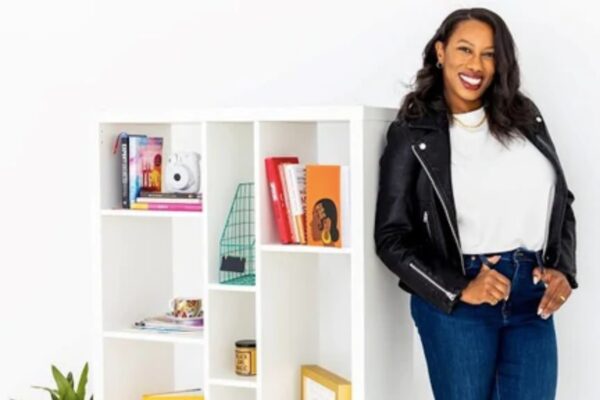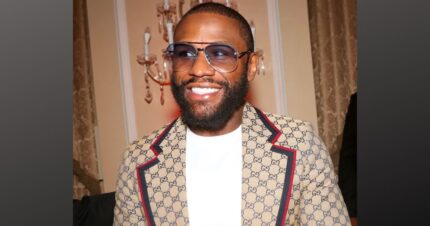In 2020, amid the COVID-19 pandemic, the global market for Stationery Products was estimated at $192.2 billion. And by 2026 it is projected to reach $215.1 billion.
Jasmin Foster is tapping into this sector with a stationery line called Be Rooted that aims at empowering women of color. So far, she’s been very successful. As of March 14, her Be Rooted products such as colorful journals, pencils, and stationery featuring Black women are selling in Target stores nationwide. She attracted the partnership just under one year into her business– and she made history in the process.

Be Rooted is the first Black-owned stationery brand to be sold at Target.
Foster already had a longstanding relationship with the retail giant.
“I started my career in retail. I worked in various roles at Target, but one specific role was where I helped grow the multicultural beauty side of the business. At that time, Target was very centered on multicultural hair products. But I thought to myself, ‘How can we make Target a destination for all of the multicultural beauty?’ That way, when women of color show up in retail spaces, they not only have products for their hair, but they can complete their entire look,” Foster told Entrepreneur. “I delved into that side of the business and had the opportunity to meet so many women of color founders who were changing the beauty landscape.”
Creating diversity in the retail space has been mission of Foster’s since she began her professional career.
“For my entire career, I’ve always centered my work on the stories of Black women and women of color. It only made sense to start my own brand centered around women of color because I am one. I’ve grown up seeing the disparities that we’ve experienced, and I wanted to do my part to elevate and center women of color,” she said.
She wants Be Rooted to empower women and young girls.
“I want young girls to see themselves represented and not have to ask themselves the questions that make them feel that they don’t belong. I hope that my brand changes the landscape for brown girls growing up,” she explained.




